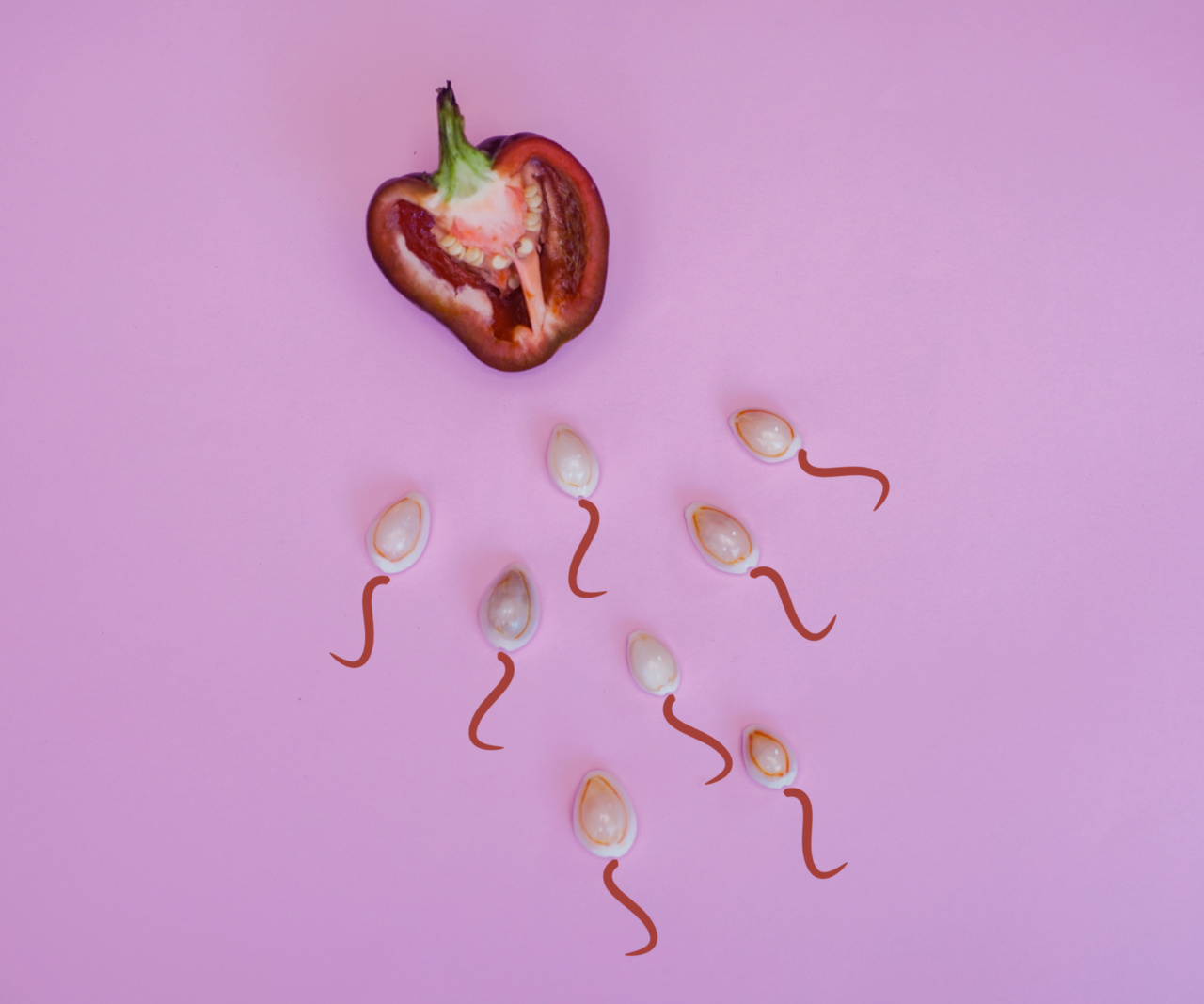For many couples, the length of intercourse is not something that is given much thought. However, the duration of sex can have a significant impact on sperm production and conception.
In this article, we will explore the relationship between sex duration and sperm production, as well as how it can affect the chances of getting pregnant.
How Sperm Production Works
Before we delve into how sex duration affects sperm production, it’s important to understand how sperm is produced in the first place. Sperm is produced in the testicles and takes about 74 days from start to finish.
During this time, new sperm is continuously being created. Each ejaculation releases around 200-500 million sperm, but it takes only one sperm to fertilize an egg.
Sex Duration and Sperm Count
Research has shown that the longer a man has sex, the lower his sperm count may be. This is because the longer a man has sex, the more often he will ejaculate. Ejaculating frequently can cause the number of sperm in each ejaculation to decrease.
Additionally, if a man ejaculates multiple times in a short period, the quality of sperm in subsequent ejaculations may decrease.
The Ideal Sex Duration for Sperm Production
So what is the ideal sex duration for optimal sperm production? While there is no definitive answer, research suggests that the sweet spot is somewhere between 5 and 15 minutes.
Men who ejaculated within this time frame tended to have higher sperm counts compared to those who had sex for shorter or longer periods of time.
Why Sex Duration Matters for Conception
While the ideal sex duration for sperm production is important, it’s worth noting that sex duration alone is not the only factor that affects fertility. The timing of intercourse in relation to ovulation is also crucial.
Ovulation is the time when the egg is released from the ovary and is at its most fertile. It generally occurs around 14 days into a woman’s menstrual cycle.
How to Determine When You’re Most Fertile
To maximize your chances of conceiving, it’s important to determine when you’re most fertile. There are several ways to do this, including:.
- Tracking your menstrual cycle and using ovulation predictor kits
- Monitoring your basal body temperature
- Noticing changes in cervical mucus
- Consulting with a fertility specialist
Other Factors That Affect Sperm Production and Conception
While sex duration and timing are important for sperm production and conception, there are other factors that can also affect fertility. These include:.
- Age: Men over the age of 40 may have a lower sperm count and quality
- Diet: A diet lacking in nutrients like zinc and folic acid can affect sperm production
- Smoking: Smoking can reduce both sperm count and quality
- Alcohol: Excessive alcohol consumption can also impact sperm production
Conclusion: Finding the Right Balance for Optimal Fertility
Overall, sex duration can have an impact on sperm production and conception, but it’s just one piece of the puzzle.
To maximize your chances of getting pregnant, it’s important to focus on other factors as well, including timing of intercourse and addressing any underlying fertility issues. By finding the right balance and taking steps to optimize fertility, couples can increase their chances of achieving their dream of starting or growing their family.





























